The eCommerce sector is growing at an astounding rate. E-commerce sales hit $25.6 trillion globally in 2018, up 8% from 2017.
In truth, humans adapt better to a technological environment than a physical one. But none of them are safe.
Just a few right clicks by the wrong person and you will find yourself in the topsy-turvy land. A lot of online shoppers and store owners fall victim to frauds and end up losing money along with sensitive information.
In the digital world, both customers and suppliers are vulnerable to eCommerce frauds.
The reason for the rise in eCommerce frauds is simple:
A fraudster on the internet becomes faceless.
The anonymity provided by the internet increases the ease of committing eCommerce frauds.
“Around the world, the eCommerce fraud attempt rate based on transaction value rose by 13% to 4.3% in April 2020, up from 3.8% one year earlier.”
WooCommerce powers 28.11% of all online stores in the world and that’s why eCommerce frauds are also known to many as WooCommerce frauds.
As the title suggests, I will discuss the methods of WooCommerce fraud prevention but before that, let’s learn what exactly you’ve to prevent. If you’re already aware, then please proceed directly to prevention methods.
- What Are WooCommerce Frauds?
- Types of WooCommerce Frauds
- How to Prevent WooCommerce Frauds?
- Do a Vulnerability Test
- Follow The PCI Compliance Guidelines
- Setup Two-Factor Authentication for Users
- Geolocation
- Use OTP to Prevent WooCommerce Frauds
- Observe Consumer Behavior
- Do Not Save Card Details of Your Customers
- Strong Passwords
- Shipment Tracking
- Partial Payment and Registration
- Final Words
What are WooCommerce Frauds?
WooCommerce Frauds are the incidents of eCommerce fraud which take place on online stores that are powered by WooCommerce .
In fact, 4,414,537 live websites are using WooCommerce. And as any other eCommerce site, WooCommerce sites are not entirely impervious to frauds and thefts.
If you think lightly about this issue, then it might cost you a fortune. It’s simply about securing your WooCommerce store.
Your online store is doomed if it gains a bad reputation due to recurring cases of WooCommerce frauds.
These WooCommerce frauds can be of many types: digital payment frauds, card testing fraud, identity theft, merchant frauds, and friendly fraud.
Of course, I know that the list of all online frauds can easily exceed this one but I am going to cover the ones that are most commonly encountered by online merchants and consumers.
So let’s get on with it.
Types of WooCommerce Frauds
In order to win a battle, you have to know your enemy.
That is why knowing what kind of frauds you are gonna be dealing with is important. The enemy online is faceless most of the time but their ways are visible.
You must think smart like a detective who follows the footsteps of thieves because that’s exactly what we are going to do in this section. We are gonna explore the paths that these online fraudsters take to loot innocent shoppers and retailers.
1. Identity Theft
Identity theft is a form of illegal impersonation. It involves an imposter who acquires personal information about an individual or a group of individuals and uses that information to impersonate them.
This puts both eCommerce stores and their customers at risk. The impersonator will order products as a registered customer but the real customer will file for a refund and the eCommerce store will have to bear all that cost.
These kinds of frauds occur when hackers takeover a registered customer’s account.
Account takeovers happen when fraudsters take control of a customer’s account and commit fraudulent acts through that account.
They also gain access to various sensitive information about the customer and exploit that information.
In most cases, it is the eCommerce store’s reputation that takes a blow. Customers get the refund and the fraudster walks free.
2. Merchant Fraud
The name gives away the method used in this fraud. In simpler words, a fraud sells a non-existent item on a legit eCommerce website and receives payment from the customer.
Obviously, the customer complains to the eCommerce website, not the merchant, and gets the refund. Ecommerce websites have to take the financial burden and angry reviews.
Amazon, the world’s largest online marketplace has been fighting merchant frauds too. So, recently it took some steps to ensure safe shopping for customers.
Amazon is now using video verification to identify new merchants on its platform. Earlier, they relied on face-to-face meetings for the identification of merchants.
But due to the pandemic, they couldn’t continue this in-person merchant verification and as a result, the cases of merchant frauds increased on Amazon.
So in order to counter this problem, Amazon introduced merchant verification through video calls.
Such steps not only benefit your customers but they are also good for your overall business.
3. Card Testing Fraud
Card testing fraud happens when a person tries to enter a fake credit card number and purchase an item. Sometimes fraudsters even use the illegally acquired card number of another individual.
It gives rise to legal disputes between customers and WooCommerce stores. The original card owner files for a refund in the majority of cases.
Settling these legal disputes is tough on both sides and is a waste of time and hard-earned money.
Moreover, having plenty of financial disputes and high decline rates doesn’t exactly give any benefits. It ends up earning you a bad reputation which proves fatal for your business in the long run.
The sickest part is that this type of WooCommerce fraud is almost impossible to avoid.
4. Phishing
Phishing is a type of fraud where an individual is fooled into giving all of their account information in response to a fraudulent SMS or email. The frauds present themselves as the real merchants, banks, or eCommerce websites.
This method is so effective that even tech-savvy people sometimes get tricked into sending their sensitive information.
5. Fake Orders
This type of Woocommerce fraud happens when a fake order is placed with the purpose of pulling a prank or stealing the product after it’s delivery. It usually happens in the cases of cash on delivery.
An expensive product is ordered as cash on delivery to a certain address and the product is then stolen away from the delivery man. The company has to pay for it eventually.
It may appear as a theft but it starts with a fraudulent order on a WooCommerce site.
6. Friendly Fraud
Friendly fraud happens when a customer orders a product, then requests for a chargeback claiming that their card was stolen. And the chargeback is requested only after receiving the item.
In fact, 86% of all chargebacks are probable cases of friendly fraud. Be open to the possibility that even your trusted customers can work against you.
7. Credit Card Fraud
It is simple, a fraudster takes possession of the credit card of a customer by cloning or stealing it and makes a legitimate purchase on a WooCommerce site.
Credit card fraud reports are increasing at an alarming rate. The responsibility to ensure an authentic credit card payment process rests on the eCommerce store owner. So, you have to ultimately pay to compensate for the money that fraudsters used.
8. Return Fraud
Refund fraud happens when products that are unqualified for refund are returned to the online store, most of the time they are illegally obtained or damaged goods.
The modus operandi of such fraudsters is simple: exploit the refund policies of the online retailer to acquire money or a product in return. Store owners give in to the demands of such people in fear of facing legal ramifications.
In fact, return fraud risk is increasing day by day. Annual losses from merchandise return fraud are estimated at $27 billion, up by 35% over 2018. The estimated return fraud percentage of 8.8% is 76% higher than last year.
These are the most common types of WooCommerce frauds that take place. And if you are able to sucessfully prevent these frauds, its going to save your money, build customer loyalty, boost your sales and improve overall user experience.
You have learned ‘what’ frauds you have to prevent. Now, it’s time to learn ‘how’ to prevent WooCommerce frauds.
How to Prevent WooCommerce Frauds
All the frauds mentioned above impact both retailers and their consumers. We are going to focus on the prevention part because….
…Economically speaking, prevention is cheaper than cure.
1. Do a Vulnerability Test
A vulnerability scan is a software tool that scans your WooCommerce website and checks your system for vulnerabilities that can be targeted and exploited by hackers.
You can use online vulnerability scanners such as: Intruder, UpGuard, and Qualys. They will inform you of the weaknesses of your WooCommerce Website.
Hackers can hack into your registered customer accounts and make fraudulent purchases which can give rise to so many disputes with customers.
It’s your responsibility to protect your customers and their data.
2. Follow The PCI Compliance Guidelines
If you are wondering how to prevent credit card frauds, then take a look at the guidelines by
PCI.
The PCI stands for Payment Card Industry Data Security Standard (PCI DSS). It is a set of security standards designed to ensure that ALL companies that accept, process, store, or transmit credit card information maintain a secure environment.
You have to follow these PCI compliance standards to ensure card payments on your WooCommerce store
Source: pcicomplianceguide
3. Setup Two-Factor Authentication for Users
A two-factor authentication or two-step verification process adds an extra layer of security on your eCommerce store.
First Step: It requires a username and password.
Second Step: It requires bio authentication, an answer to a security question, or SMS code verification. Any of these three provides an extra security factor compared to a normal login.
The Application of two-factor authentication would make it nearly impossible for hackers to overtake your customer’s account.
It’s one of the most important steps you can take for WooCommerce fraud prevention.
4. Address Verification Service
Address verification service is provided by banks to online retailers to detect fraudulent transactions.
“The Address Verification Service checks the billing address submitted by the card user with the cardholder’s billing address on record at the issuing bank. This is done as part of the merchant’s request for authorization of the credit card transaction.
The credit card processor sends a response code back to the merchant indicating the degree of address matching, thereby authenticating ownership of a credit or debit card in a non-face-to-face transaction.
This process helps the merchant in determining whether a card transaction should be accepted or rejected.”
Many popular credit card services provide address verification services. For example- Mastercard, Visa, and American Express. Mainly in countries like the USA, UK, and Canada.
5. Geolocation
It often happens that the hacker or fraudster is operating from a different country by taking over a customer’s account. In such cases, you can track the location of the user with their IP address.
Most shopping apps ask the user’s permission to access the device location to function. So, if you want to prevent WooCommerce frauds, you can adapt this method of location tracking.
Note: Direct your customers to not use VPN while using your WooCommerce website.
6. Use OTP
The majority of WooCommerce websites use OTP or one-time passwords to complete important purchase decisions. It acts like a second layer of verification.
Before customers make the final purchase decision, an OTP is sent to their registered phone number or email address and if they enter the correct OTP in the required field, then only they are allowed to proceed with the transaction.
OTP can be of four, six, or eight digits. For online stores, it’s mostly a 4 digit numeric code.
7. Observe Consumer Behavior
Behavior analysis is playing a key role in WooCommerce fraud prevention. As a store owner, you can monitor your customer’s behaviors and buying habits. These may include factors like things they usually buy, preferred shopping time, login attempts, order size, payment methods, etc.
If you detect a sudden deviation in the usual customer behavioral factors, identify it as a red flag. This method is used for eCommerce fraud detection.
These are often the most noticeable details but you can go even deeper. Every time users interact with a system, they leave something called a “cognitive fingerprint”.
You can take the cognitive fingerprint from both smartphones and computers to observe customer behaviour.
Computer Behavioral Biometrics:
- Mouse dynamics
- Typing speed
- Key pressure
- Navigation habits
- Swipe speed and distance
Smartphone Behavioral Biometrics:
- Speed, style, and position on screen of a signature
- Screen pressure
- Angle a user holds the phone
- Movement across a screen
- Typing rhythm
- Heart rate
- Skin conductivity
you can use these behavioral biometrics to detect deviations from normal customer behavior. It is not perfect but provides a greater degree of precision when combined with other strong methods of WooCommerce fraud prevention.
8. Do Not Save Card Details of Your Customers
In order to increase the ease of purchase, many eCommerce sites allow their customers to save credit card details in their shopping account. But if a hacker breaks through the security and takes control of your customer’s account, then that hacker can also access those details and make fraudulent purchases.
So, do not allow your customers to save any highly sensitive information such as credit card details.
9. Strong Passwords
A strong password policy is crucial in order to prevent WooCommerce fraud. Weak passwords are one of the factors responsible for the easy takeover of a customer’s account.
All customer accounts are password-protected but not every password is complex. The word “password” is perhaps the weakest password people keep.
The only thing weaker than that would be someone having their ex’s name as a password, it’s doomed to break. (harsh but true)
So, as a WooCommerce store owner, what can you do to ensure that your customers keep a strong password?
You have to make it compulsory to include special characters, a capital alphabet, and numbers in the password.
The minimum password length allowed should be 8 characters long.
You can use WP White Security, it is a password management software for your WooCommerce Store. You can compel your customers to keep a strong password with this plugin.
10. Shipment Tracking
This is a smart way to prevent chargeback frauds. Basically, you can assign a tracking number to a product when you are shipping it.
A tracking number is a unique ID or code that is assigned to an ordered product which allows you and the customer to track the shipment.
It increases the transparency of the delivery process. Assigning a unique tracking number also makes it difficult for fraudsters to send the wrong shipment for chargeback.
Download the Enhanced WooCommerce Shipment Tracking plugin to apply this method of WooCommerce fraud prevention.
11. Partial Payment and Registration
Partial payments and registration are helpful in solving the problem of fake orders.
Allow customers to choose the “Cash on Delivery” option only after they create an account on your WooCommerce store. This tactic will help you gain more information about the customer and help in eliminating the chances of the order being fake.
Second, you should enable a partial payment option on “cash on delivery” orders. You can use the WooCommerce Partial COD plugin.
With this plugin, you can restrict the creation of fake orders by imposing a partial payment on customers while they place orders on the checkout page.
It asks for a partial amount to confirm the customer’s order and by doing that, it authenticates the order and also creates a list of authentic customers.
Improve your WooCommerce fraud prevention efforts by using our plugin.
Final Words
In this article, I have explained the different kinds of WooCommerce frauds and also explained the methods to prevent those frauds.
However, with the application of WooCommerce fraud prevention methods explained in this article, you will be able to protect your customers and your store from fraudsters.
And hey, check out our blogs If you want to learn more about best eCommerce practices.





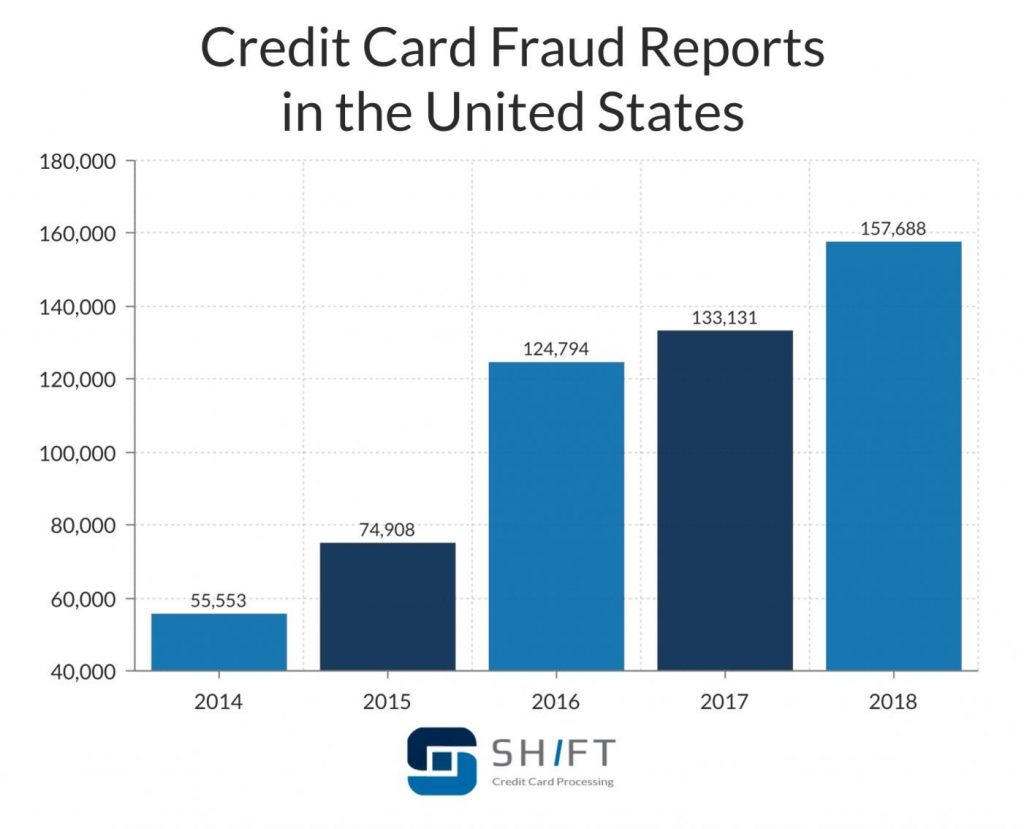
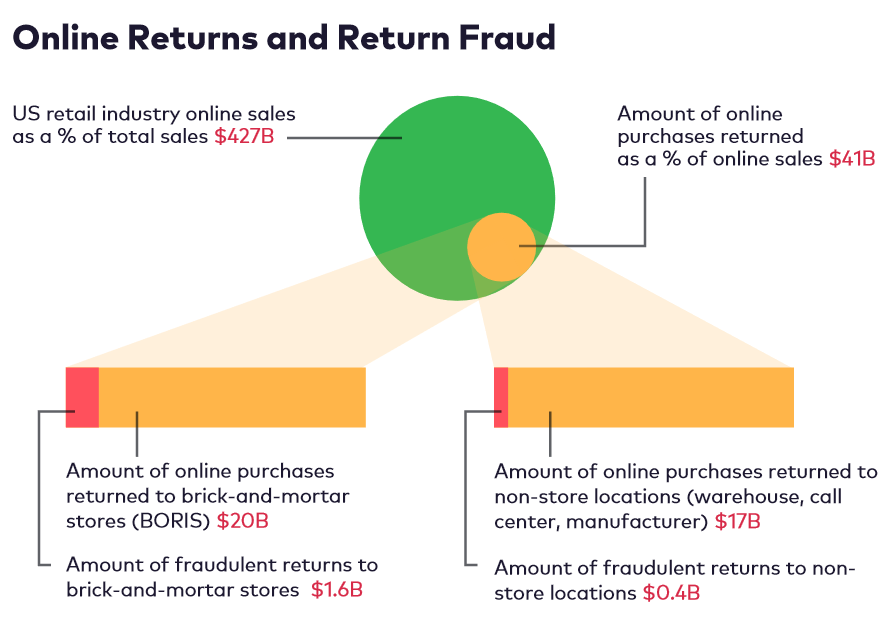
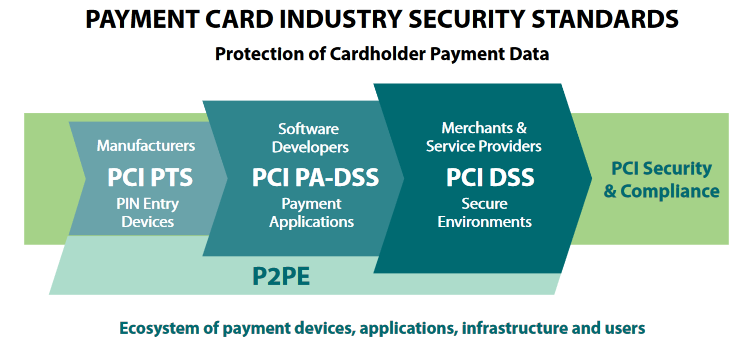
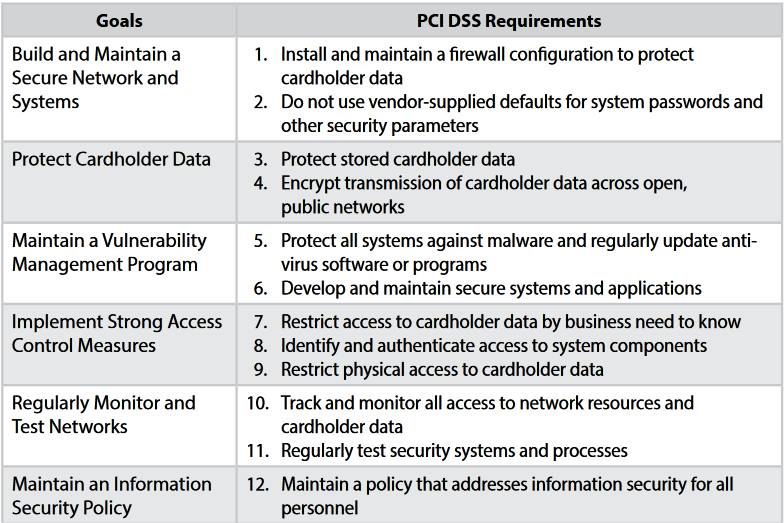
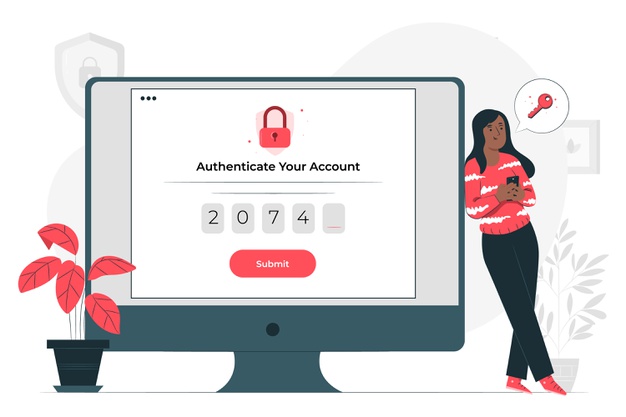

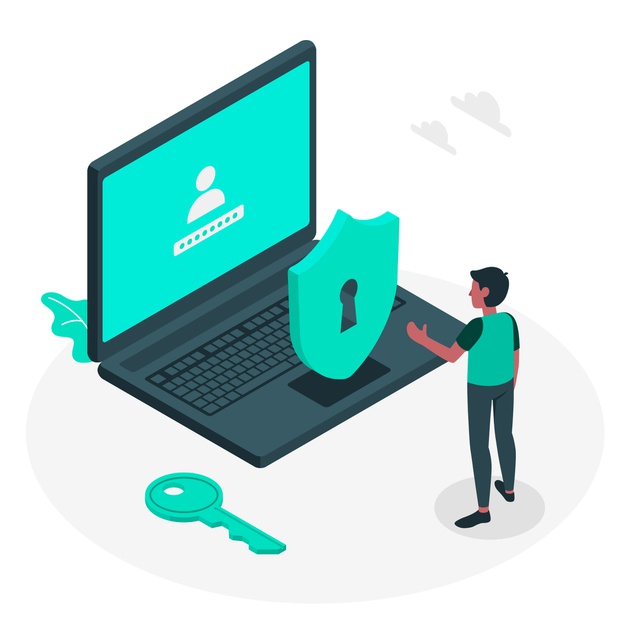
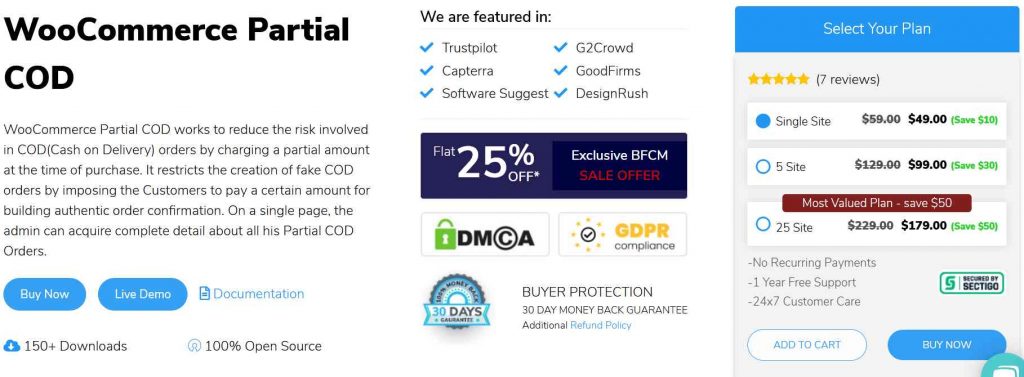








Found your post interesting to read. I cant wait to see your post soon. Good Luck with the upcoming update. This article is really very interesting and effective.
Thank you, Priya. Glad you found it helpful.
Very helpful guide. Security is very important in eCommerce.
Thank you for your kind words. And yes, indeed.